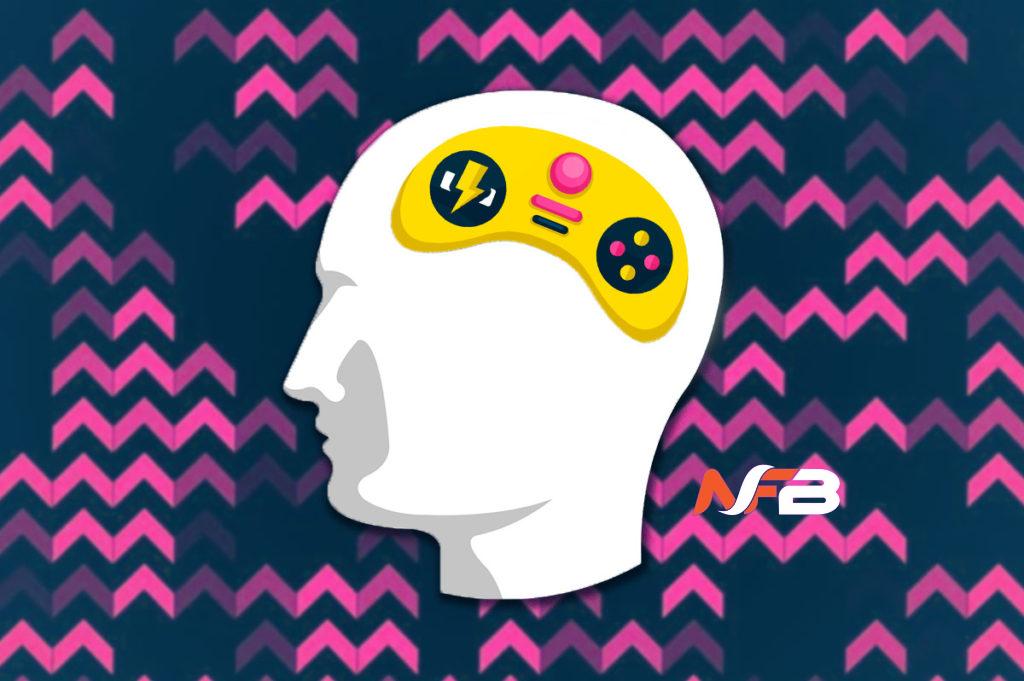Introduction
As a parent, watching your child grow and develop their skills is one of life’s greatest joys. However, when it comes to academics, there can be moments of worry. How do we ensure our kids are not just learning but thriving? For me, the answer came unexpectedly through something as simple as math practice. Yes, you heard that right—math!
What started as a way to tackle homework turned into an exciting journey filled with colorful games and fun challenges. To my surprise, I discovered that this playful approach did more than improve their grades; it actually boosted their IQ! Curious how transforming mundane math drills into enjoyable activities made such a difference? Let me share what I learned along the way and how these engaging experiences shaped my child’s mind for the better.
Science Behind How Math Practice Boosts IQ
Math practice is more than just numbers and equations. It’s a powerful cognitive workout for the brain. When children engage in math, they stimulate areas linked to problem-solving and critical thinking.
Studies show that consistent math practice enhances neural connections. This means stronger pathways in the brain, leading to improved processing speed and memory retention. Each equation solved or puzzle tackled creates new synapses, fostering intelligence.
Moreover, math encourages logical reasoning. Kids learn how to approach problems methodically, which translates into better analytical skills across all subjects.
The thrill of solving a challenging problem can also release dopamine—a feel-good neurotransmitter. This not only elevates mood but also boosts motivation for further learning experiences.
Integrating fun math practices into daily routines nurtures an environment ripe for intellectual growth.
How Brain Works with Math Practices?
The brain is a marvel, constantly adapting and evolving. When children engage in math practice, they stimulate various regions responsible for problem-solving and critical thinking.
Neuroscientific research shows that regular exposure to mathematical concepts strengthens neural connections. This means the more kids work with numbers, the better their brains become at processing them.
As they tackle equations or puzzles, they’re not just memorizing facts but developing cognitive skills. They learn to approach problems from different angles and think creatively.
Math practice also enhances working memory. Kids must hold information while manipulating it—an exercise that sharpens mental agility over time.
Moreover, engaging with math can foster resilience. Facing challenging problems teaches persistence and patience, essential traits for lifelong learning.
Why Cool Math Games Work?
Cool math games captivate kids like nothing else. They transform learning into an adventure, making numbers and problem-solving feel exciting.
These games often incorporate colorful graphics and engaging storylines. This visual stimulation keeps children focused while they hone their skills. The element of competition adds to the thrill—kids want to beat their previous scores or rivals.
Moreover, these activities promote critical thinking in a playful way. Instead of rote memorization, kids learn through trial and error. They discover strategies that can be applied in real-life situations.
Instant feedback is another crucial aspect. When children make mistakes, they can adjust quickly without feeling discouraged. This encourages resilience—a vital trait for academic growth.
Interaction with peers during gameplay fosters collaboration too. Kids share tips and tricks, enhancing not just their math abilities but also social skills as they work together toward common goals.
Impact on My Child’s Brain
Engaging in math practice has transformed my child’s cognitive abilities. It’s fascinating to see how their brain adapts and grows with every exercise. Each problem solved acts like a tiny workout for their mind.
I’ve noticed improvements in focus and attention span. Tasks that once felt tedious now spark curiosity. Math challenges have become exciting puzzles rather than chores.
Their critical thinking skills have also sharpened significantly. They approach problems systematically, breaking them down into manageable parts. This skill transcends math; it applies to everyday situations as well.
Moreover, there’s an increase in confidence when tackling new concepts or difficult tasks. The joy of solving complex equations empowers my child, making learning enjoyable rather than daunting.
Creativity is blossoming too—math isn’t just about numbers anymore; it’s a canvas for imaginative solutions and strategies that surprise even me!
Conclusion
Watching my child engage with math in such an enjoyable way has been rewarding. It’s fascinating how play can lead to learning and growth simultaneously.
The transformation I witnessed was remarkable. Challenges became exciting puzzles rather than burdensome tasks. Each game cracked open a door to deeper understanding.
This journey reaffirmed the idea that education doesn’t have to be dull or daunting. When kids find joy in what they’re doing, their potential knows no bounds.
There’s a world of difference when children see learning as an adventure instead of a chore. The skills they develop today will serve them well tomorrow, both academically and personally.
Embracing fun as part of the educational process unlocks creativity and critical thinking skills that are crucial for navigating life beyond the classroom walls.


